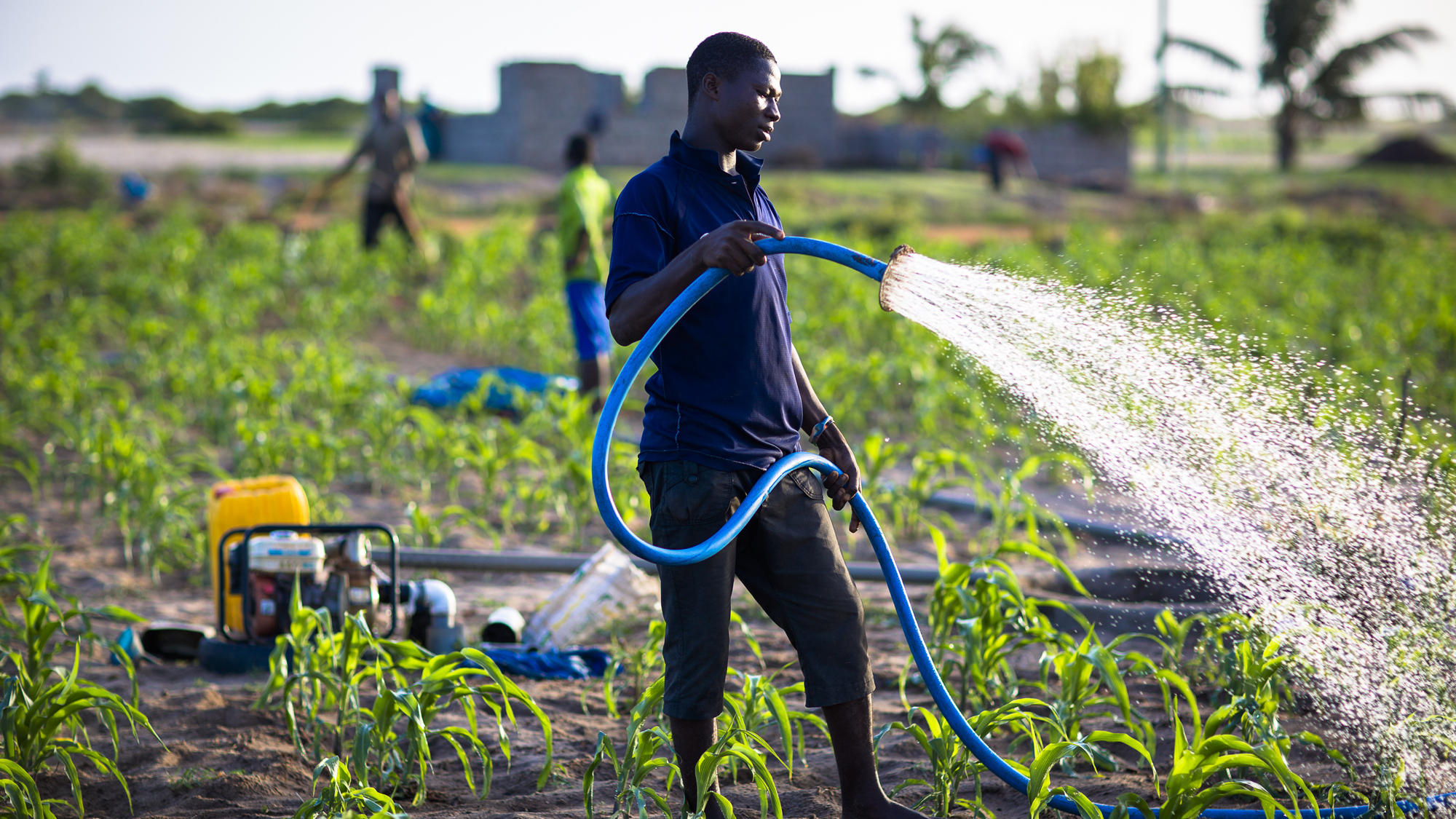A survey conducted by the Chamber of Agribusiness, Ghana (CAG) indicates that nearly 24 percent of businesses in the agriculture value chain are not likely to continue operating post the covid-19 pandemic if they do not get external support.
Should this happen, according to the survey, which looked at the impact of Covid-19 on agribusiness in Ghana, staff of those businesses and the communities they operate in will be severely affected.
However, 35 % of the participants were somewhat likely to continue working and adjust their business model to stay afloat, when asked if they would continue with their business when the pandemic is fully contained.
Another 25 percent of the respondents said they were very likely to stay in business post the pandemic.
According to the survey, the respondents expressed varied support needs with the key ones being financial, market access, and linkage. Formalisation of their business was the topmost need, to cushion them against the consequences of the pandemic.
Survey participants
Participants in the survey were both local- and foreign-owned agribusinesses located across 16 regions of Ghana.
The size of agribusinesses surveyed ranged from medium-scale to large-scale.
Most of the agribusinesses (57%) had an average of five workers while, at least, about 7% have more than 50 workers.
The number of years of agribusinesses surveyed followed one to five years (67 %), five to 10 years (16 %) and more than 10 years (17 %).
Over 80% of the participants admitted the pandemic has had a toll on their operations and services.
Recommendations
Consequently, the CAG in the report recommends for the government to ensure that smallholder farmers and agribusinesses are included in its stimulus package and social protection programmes aimed at mitigating the impact of the pandemic on the citizenry.
It also called for government to promote trade by avoiding export bans and import restrictions.
“Government agencies like the Registrar’s General Department should offer mobile-enabled service for smallholder agribusinesses to formalise their operations and be assisted by the Ghana Revenue Authority (GRA) to plan and honour their tax obligation post-COVID-19 when the situation is normalized”, it concluded.
The full report is attached below
By Salifu B.B. Moro










